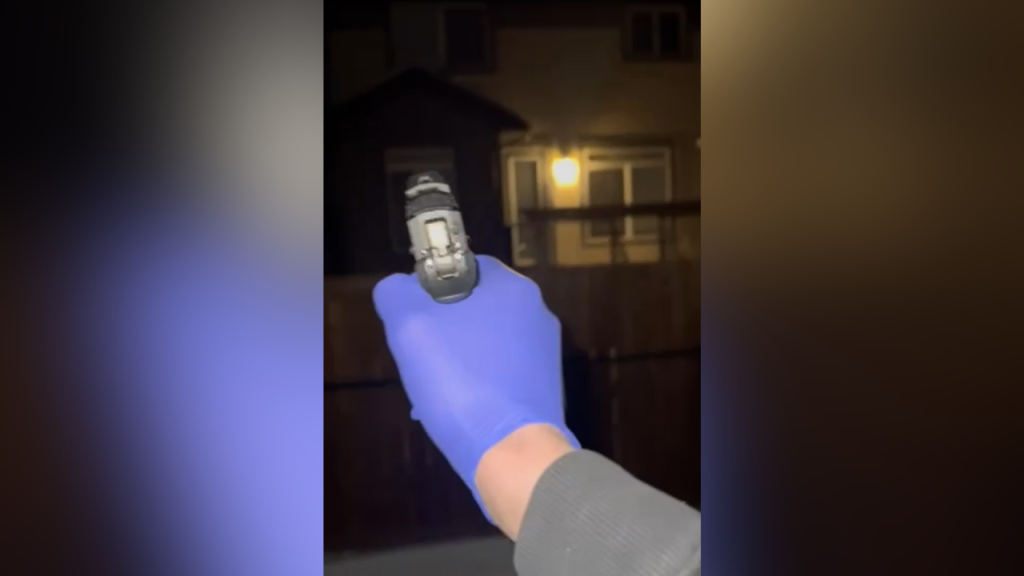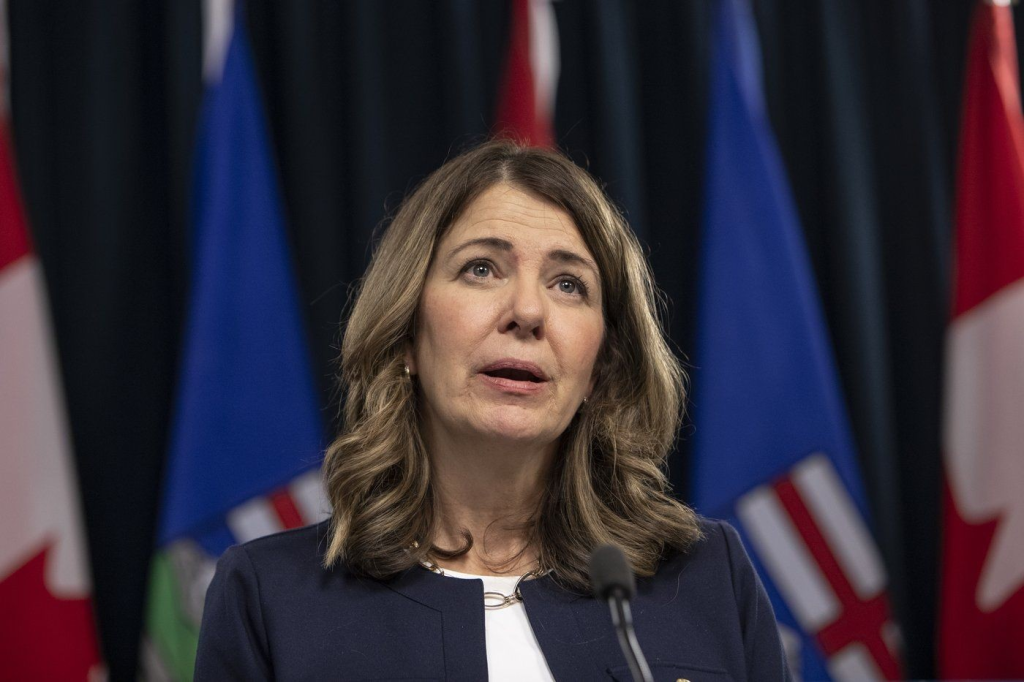Concerns raised about leaked recommendations on curriculum review
Posted Oct 21, 2020 4:33 pm.
Last Updated Oct 22, 2020 6:19 am.
This article is more than 5 years old.
EDMONTON (660 NEWS) — While the province said leaked documents showing initial recommendations for a new K-12 curriculum in schools are just drafts, the proposals are still generating a lot of reaction around the province.
The CBC released a story on Wednesday with the documents, showing recommendations including removing topics like residential schools and equity from earlier grades, and adding more religious subject matter into the classroom.
The opposition NDP were among the first to share their displeasure with the documents, including education critic Sarah Hoffman who said the UCP is “pushing backward ideas.”
NDP leader Rachel Notley also added that there needs to be a continued focus on the dark legacy of residential schools.
The matter was also brought up during question period at the Legislature, as NDP MLA Richard Feehan also criticized one of the review panel’s members, Chris Champion, who wrote articles in the past dismissing the harm of residential schools.
Outside of the confines of the Legislative Assembly, social media went ablaze with criticism of the proposals and the Alberta Teachers Association also shared its concerns.
“There’s a lot in there that we find concerning,” said ATA President Jason Schilling. “It’s also a very Euro-centric view of arts and history and it doesn’t respect diversity, equity and reconciliation.”
“We need to look at equity because it’s one of the things that we need to address as a society, and students need to know what equity is, how it applies to their lives and the communities around them.”
In a press release, the ATA also shot back at the recommendation around avoiding residential school topics for younger students due to possibility it may be traumatizing.
“The Indian Residential School system was created to erase the cultures, histories, languages, and perspectives of Indigenous peoples within Canada, and these recommendations perpetuate that erasure. The recommendations perpetuate systemic racism through whitewashing of the draft curriculum. These recommendations cannot be taken seriously and must be rejected outright,” said ATA Staff Officer for Indigenous Education Melissa Purcell.
Overall, Schilling said it could have major consequences for students as it may not give them the right tools to flourish outside of the school setting.
“It’s a Trivial Pursuit approach to curriculum. Memorizing facts doesn’t necessarily increase a student’s understanding, and we need to make sure that we are working on creating students for Alberta’s future who are critical thinkers and creative and resilient and innovative. Going backwards in curriculum and having them do rote memorizations of facts that might not be pertinent is not necessarily a way forward.”
Schilling said the ATA also has had serious concerns about members of the review panel, and they will be trying to schedule a meeting with the education minister soon to bring these issues forward.
Dr. Yvonne Poitras Pratt, director of Indigenous education at the University of Calgary’s Werklund School of Education, said there’s a lot to be concerned about when it comes to possible adjustments to Indigenous subjects being taught in schools and pushed back on assertions it is too traumatizing to teach young children about residential schools.
“That’s where we can start asking our students to be critical thinkers. To think about what actually is racism, where do we get these stereotyped assumptions from, what happened to a group of people to make them react in a certain way — and I’m talking about non-Indigenous as well as Indigenous people.”
She added that the education can be key in breaking down barriers established through a colonial society so students can become better citizens in the long run, as well as be prepared to handle tougher aspects of the subject matter in later grades.
“One of the worst things we can do is to actually pull back from the truth of what happened in our colonial past here in Canada,” she said.
“My deepest concern is that all of our work will be wasted.”








